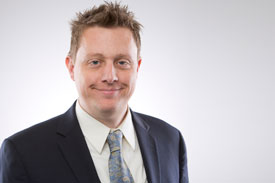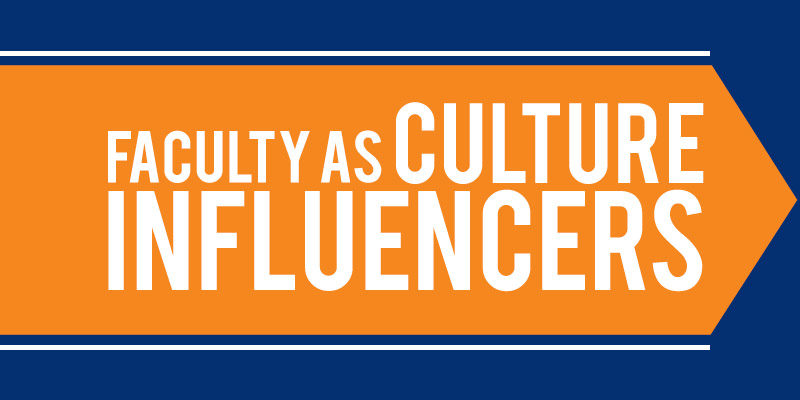 Dr. Joshua R. Farris, assistant professor of Theology, has been awarded a fellowship to research at the Carl F.H. Henry Center at Trinity Evangelical Divinity School in the Spring 2019. The Fellowship is a part of the Creation Project, lead by Thomas McCall, and funded by the John Templeton Foundation. In the Creation Project, the fellows focus on developing theological themes in the doctrine of creation. Particularly, they focus on themes relevant to the creation narrative in the Bible and how these issues are informed by contemporary science and how they inform contemporary philosophical and scientific discussions.
Dr. Joshua R. Farris, assistant professor of Theology, has been awarded a fellowship to research at the Carl F.H. Henry Center at Trinity Evangelical Divinity School in the Spring 2019. The Fellowship is a part of the Creation Project, lead by Thomas McCall, and funded by the John Templeton Foundation. In the Creation Project, the fellows focus on developing theological themes in the doctrine of creation. Particularly, they focus on themes relevant to the creation narrative in the Bible and how these issues are informed by contemporary science and how they inform contemporary philosophical and scientific discussions.
In previous years, the project has brought on several notable theologians and biblical scholars including Marc Cortez, Jack Collins, and John Hilber among others. Along with a few other noteworthy scholars like Fred Sanders, James Hoffmeier, Ryan Peterson, Dr. Joshua Farris has been chosen to spend one semester at the Carl F.H. Henry Center at Trinity Evangelical Divinity School. Dr. Farris’s project has been captured in the following: “During his time at the Henry Center he’ll be building off his argument there through engagement with recent discussions in the science and religion literature, most notably on the origin of the soul and the Imago Dei.” As noted, Dr. Farris will be building on his academic monograph, “The Soul of Theological Anthropology: A Cartesian Exploration,” where he makes a constructive case for a Cartesian (i.e., the view that humans are comprised of soul and body, yet persons are strictly speaking identical to their souls) view of human persons. Dr. Farris argues that his view makes the best sense of the biblical data and is motivated by the traditional Christian belief that persons will exist disembodied after they die. During his research, he will focus broadly on human origins, but, more specifically, he will focus on two of four projects, First, he has it in mind to work on the doctrine of God in relation to creation by utilizing the resources of Cartesian anthropology, and the mind-body relationship, to help make sense of Divine action. Second, he intends to do some research on scientific methods and how they relate to a theological method. Third, he intends to research human origins, and particularly the import of the soul’s origins to the conversation on human origins. Fourth, he plans to write a theological interpretation of the the doctrine of the image of God in light of recent discussions on the image of God in the science & religion literature.






